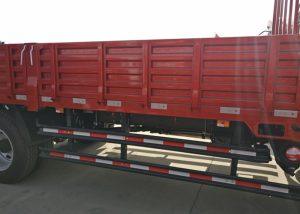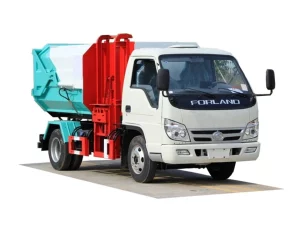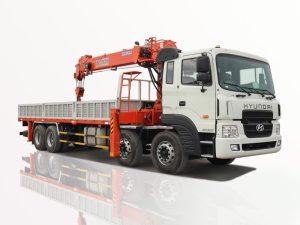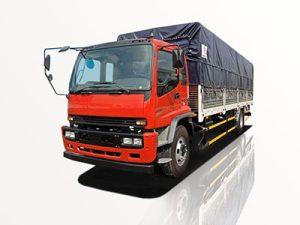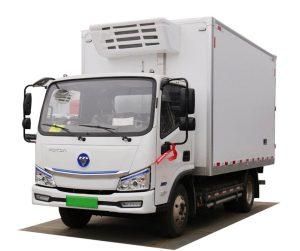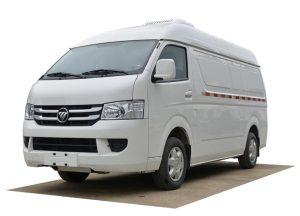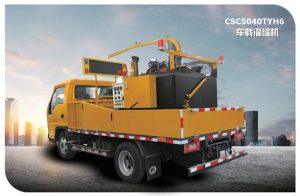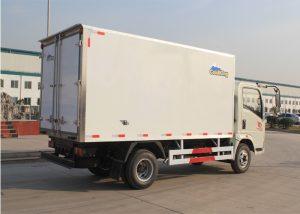Monday to Saturday - 8:00 -17:30
Understanding Plateau Truck and Tractor: A Comprehensive Guide
Plateau trucks and tractors are essential vehicles in various industries, including agriculture, construction, and logistics. This article aims to provide a comprehensive understanding of plateau trucks and tractors, their features, advantages, uses, and maintenance. If you’re looking to enhance your knowledge about these vehicles, you’re in the right place!
What is a Plateau Truck?
A plateau truck, also known as a flatbed truck, is a type of vehicle characterized by a flat, unobstructed bed. This design allows for the easy loading and unloading of various types of cargo. Unlike traditional trucks with enclosed cargo spaces, plateau trucks are often favored for their versatility and convenience.
Key Features of Plateau Trucks
- Flatbed Design: The flatbed construction allows for easy access from all sides, making it suitable for transporting oversized items.
- Loading Capacity: Plateau trucks typically have a higher loading capacity compared to standard trucks.
- Customization: Many plateau trucks can be customized with various accessories such as side rails and tarpaulins for specific transport needs.
- Durability: Built to withstand heavy loads and rough terrains, plateau trucks are made from robust materials.
Common Uses of Plateau Trucks
Plateau trucks are used across various sectors. Here are some common applications:
- Agriculture: Transporting crops, equipment, and livestock.
- Construction: Hauling building materials and machinery.
- Logistics: Delivering goods for e-commerce and supply chain operations.
What is a Plateau Tractor?
A plateau tractor is a wheeled vehicle designed primarily for agricultural purposes. Unlike plateau trucks, plateau tractors focus on towing and providing power for different farming implements and machinery.
Key Features of Plateau Tractors
- Powerful Engine: Equipped with strong engines to handle tough terrain and heavy implements.
- Versatile Attachments: Can be fitted with plows, harrows, seeders, and more.
- Durable Build: Designed to operate in challenging environmental conditions.
- Hydraulic Systems: Many models include hydraulic systems for better operation of attachments.
Common Uses of Plateau Tractors
Plateau tractors are crucial in agriculture and related fields. Here are some of their primary uses:
- Tillage: Preparing the soil for planting.
- Harvesting: Assisting in reaping crops.
- Land Maintenance: Managing overgrown areas and maintaining landscapes.
Benefits of Using Plateau Trucks and Tractors
Increased Efficiency
Both plateau trucks and tractors offer enhanced efficiency, allowing businesses to streamline their operations. With the capability to transport larger loads and handle a variety of terrains, these vehicles can significantly reduce downtime and improve productivity.
Cost-Effectiveness
Investing in plateau trucks and tractors can be cost-effective over time. Though the initial purchase price might be higher, their durability and versatility minimize repair and replacement costs.
Enhanced Safety
Many modern plateau trucks and tractors come equipped with advanced safety features, including anti-lock braking systems (ABS), load stabilizers, and visibility improvements, making them safer for operators and surrounding workers.
Choosing the Right Plateau Truck and Tractor
Factors to Consider
- Payload Capacity: Ensure the vehicle can handle your maximum expected load.
- Engine Power: Higher horsepower is essential for demanding agricultural and construction tasks.
- Terrain Compatibility: Choose vehicles that suit the terrain where they will be operated.
- Maintenance and Repair: Consider ease of maintenance and availability of parts before finalizing your decision.
Practical Examples
For instance, if you’re a farmer who needs to transport large amounts of hay, a plateau truck with a higher payload capacity would be ideal. Alternatively, for those running a large-scale farm who need consistent tillage, a robust plateau tractor with versatile attachments would be more suitable.
Maintenance Tips for Plateau Trucks and Tractors
Regular Inspections
Routine inspections of brakes, tires, and engine components can prevent potential breakdowns.
Fluid Checks
Regularly check and change engine oil, transmission fluid, and hydraulic fluid to ensure optimal performance.
Cleaning
Keeping the exterior and interior clean can prevent rust and other damage, particularly for plateau trucks that operate in muddy or dusty conditions.
Tire Maintenance
- Keep tires properly inflated to enhance fuel efficiency.
- Rotate tires regularly to promote even wear.
Frequently Asked Questions (FAQs)
1. What is the difference between a plateau truck and a plateau tractor?
A plateau truck is primarily designed for transporting goods, while a plateau tractor is built for agricultural tasks and can tow various implements.
2. How do I choose the right size of plateau truck or tractor?
Consider the payload capacity, engine power, and the types of tasks you will be performing. Consult with a dealer if needed.
3. What types of maintenance are required for plateau trucks and tractors?
Regular inspections, fluid checks, and tire maintenance are crucial for keeping these vehicles in good condition.
4. Can plateau trucks be customized for specific needs?
Yes, plateau trucks can often be customized with accessories such as side rails, tarps, and different cargo configurations.
5. Are plateau tractors suitable for all types of farming?
Plateau tractors are versatile but are most effective in larger farming operations that require towing and heavy-duty applications.
6. What safety features should I look for in plateau vehicles?
Look for features like anti-lock brakes, load stabilizers, strong visibility options, and safety belts.


